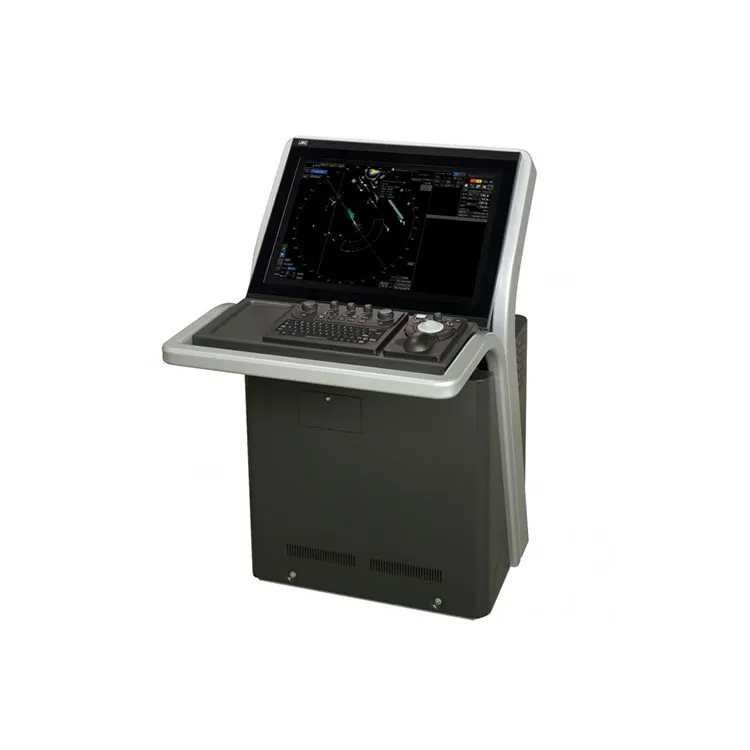Marine Spare Parts: Essential for Maintaining Sea-Worthy Vessels
2024-09-18
In the world of maritime operations, the phrase "time is money" rings true. Whether you’re managing a commercial fleet, operating a private yacht, or overseeing a marine service business, ensuring that your vessel runs smoothly and efficiently is crucial. One key aspect of maintaining operational efficiency is the availability and quality of marine spare parts.
In this blog, we'll explore the importance of marine spare parts, how they contribute to vessel performance and safety, and provide tips on selecting and sourcing the right parts for your needs.
Why Marine Spare Parts are Critical
1. Ensuring Operational Efficiency
Marine spare parts are essential for keeping a vessel running at peak performance. From engine components to navigational equipment, every part of a ship’s machinery must be in top condition to ensure smooth operation. Regular maintenance and timely replacement of worn or damaged parts prevent unexpected breakdowns and keep operations running efficiently.
2. Enhancing Safety
Safety is paramount in marine operations. Malfunctioning equipment or outdated components can lead to serious safety hazards, including accidents, equipment failures, and even catastrophic events. By maintaining high standards for spare parts and promptly replacing faulty or worn components, you can significantly reduce the risk of safety incidents and ensure the well-being of the crew and vessel.
3. Extending Vessel Lifespan
Regular maintenance and the use of high-quality spare parts can extend the lifespan of a vessel. Proper care of engines, pumps, and other critical components prevents excessive wear and tear, thereby prolonging the operational life of the vessel and saving on costly repairs or replacements in the long run.
4. Compliance with Regulations
Marine vessels are subject to rigorous safety and performance regulations enforced by maritime authorities. Ensuring that all parts and systems are in compliance with these regulations is crucial for avoiding fines, penalties, or even detainment. Using approved and certified spare parts helps ensure that your vessel meets all necessary standards and operates legally and safely.
Types of Marine Spare Parts
Marine spare parts cover a wide range of components essential for different aspects of a vessel’s operation. Here are some of the most common categories:
1. Engine Parts
The engine is the heart of any vessel, and its proper functioning is crucial. Common spare parts for marine engines include filters, belts, gaskets, pistons, and injectors. Regularly replacing these parts helps maintain engine efficiency and prevent breakdowns.
2. Propulsion Systems
Parts related to the propulsion system, such as propellers, shafts, and bearings, are essential for the vessel’s movement. Ensuring these components are well-maintained and replaced when necessary prevents issues with maneuverability and performance.
3. Electrical Components
Marine vessels rely on various electrical systems for navigation, communication, and onboard functions. Spare parts for electrical systems include batteries, switches, circuit breakers, and wiring. Keeping these components in good working order is crucial for the vessel’s overall functionality and safety.
4. Hydraulic Systems
Hydraulic systems are used in various applications, including steering, winches, and cranes. Spare parts for hydraulic systems include pumps, cylinders, hoses, and filters. Regular maintenance and replacement of these parts are essential for reliable operation.
5. Deck and Safety Equipment
Deck equipment and safety gear, such as winches, anchors, lifeboats, and fire extinguishers, are critical for the vessel’s operation and safety. Spare parts for these items ensure that they are always ready for use and in compliance with safety regulations.
Tips for Sourcing and Selecting Marine Spare Parts
1. Quality Matters
When it comes to marine spare parts, quality should never be compromised. High-quality parts ensure reliability, durability, and safety. Always source parts from reputable manufacturers or authorized dealers to ensure that you receive genuine, high-standard components.
2. Compatibility
Ensure that the spare parts you select are compatible with your vessel’s make and model. Using parts that are not specifically designed for your vessel can lead to performance issues and potential damage. Always check the specifications and consult with experts if needed.
3. Keep an Inventory
Maintaining an inventory of commonly used spare parts can help reduce downtime and ensure that you’re prepared for any unexpected issues. Regularly review and update your inventory to include essential parts for your vessel’s systems.
4. Stay Informed
Keep up-to-date with advancements in marine technology and spare parts. Newer parts may offer improved performance or efficiency, so staying informed can help you make better decisions for maintaining your vessel.
5. Consider Cost vs. Value
While it may be tempting to opt for the cheapest available parts, it’s important to balance cost with value. Investing in higher-quality parts may result in better performance and longer-term savings by reducing the frequency of replacements and repairs.
6. Work with Professionals
Consult with marine engineers or technicians who have expertise in your vessel’s specific systems. Their knowledge and experience can guide you in selecting the right spare parts and performing proper maintenance.
Conclusion
Marine spare parts play a crucial role in maintaining the performance, safety, and longevity of vessels. By investing in high-quality parts, staying informed, and working with professionals, you can ensure that your vessel remains operational and compliant with regulations. Whether you’re managing a commercial fleet or caring for a private yacht, understanding the importance of marine spare parts and how to source them effectively will help you navigate the challenges of marine operations with confidence.



